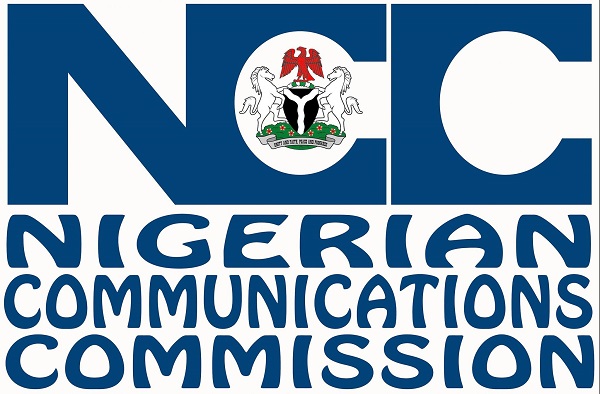
The Nigerian Communications Commission (NCC) has taken its rebranded consumer outreach programmes to the nation’s universities to engage students via its new outreach.
Speaking at the maiden edition of the ‘Campus Conversation’ featured as an important part of NCC new Telecom Consumer Conversation (TCC), at the University of Abuja, the director, consumer affairs bureau, Efosa Idehen, said the commission, as a consumer-centric regulator, remained at the forefront of protecting the interest of consumers.
Idehen stated that, as a modified outreach programme, ‘Campus Conversation’ takes life from NCC’s consumer protection and empowerment agenda as stipulated in the Commission’s Strategic Management and Vision plans, as well as extant policies and well-conceived decisions of management.
“The objective of the conversation is to ensure that the telecom consumers on university campuses are adequately informed and educated about their rights and privileges to acquire knowledge they require to make informed decisions and protect themselves from the unwholesome practices of service providers.
“Essentially, this maiden edition of our ‘Campus Conversation’ is kicking off here at the University of Abuja today, as part of our strategic efforts at creating awareness among the university students on their rights and obligations as telecoms consumers, as well as sensitising them on the many initiatives of the commission designed to enhance consumer protection and empowerment,” Idehen said.
At the event, the NCC team, led by Idehen, took turns to educate the campus community on subscriber identity module (SIM) registration, the benefits of National Identity Number (NIN)-SIM integration, cyber-security and related online protection issues, among other initiatives of the NCC.
Participants were also enlightened on the various consumer-centric activities of NCC, such as the NCC Consumer Complaint toll-free number 622; the do-not-disturb (DND) shortcode 2442 instituted to manage unsolicited messages; the national emergency toll-free number (112) which every citizen is expected to know and use during emergencies. Over 20 emergency communication centres (ECCs) where 112 calls were received and escalated have been constructed by the NCC and operational in different states of the federation and the Federal Capital Territory.
Other information, education and communication (IEC) materials printed in bookmarks, handbills and stickers were distributed. The IECs cover a wide range of topics on consumer concerns, including consumer bill of rights, complaints management process, mobile number portability (MNP), sim registration, obligations of telecom service providers and the consumers and tips on managing data usage.
The event provided a rare opportunity for the students and other members of the university community to interface with the commission. The NCC team responded to questions and comments relating to the participants’ experience with telecom services.
The vice-chancellor of University of Abuja, Prof. Abdul-Rasheed Na’Allah, who was represented at the forum by the Head, Electrical & Electronic Engineering Department, Dr. Evans Ashigwuike, commended the NCC for the elaborate enlightenment programme hosted in the university community, which he described as highly beneficial to the students.
Na’Allah assured the commission that the university will ensure that students, who attended the consumer conversation pass the knowledge gained and the IEC materials circulated by NCC to their fellow students for effective knowledge-sharing and education.
The TCC, now segmented and targeted at different consumer groups, comprises the Village Square Dialogue, The Telecom Public Sphere, The Professionals’ Dialogue, Campus Conversation, Market Conversation and the National Youth Service Corps (NYSC) sensitisation.
Besides the TCC, other strategic outreach programmes of the commission delivered through its Consumer Affairs Bureau include Consumer Telecom Town Halls onRadio, a phone-in radio dialogic programme to educate grassroots’ consumers; Telecom and The Citizen, a bi-monthly Twitter live chat targeting telecom active consumers on the social media and Telecom TV Dialogue, a monthly television-based discourse on topical telecom issues.


